2023-2024 Franke Fellows
Franke Undergraduate Fellows
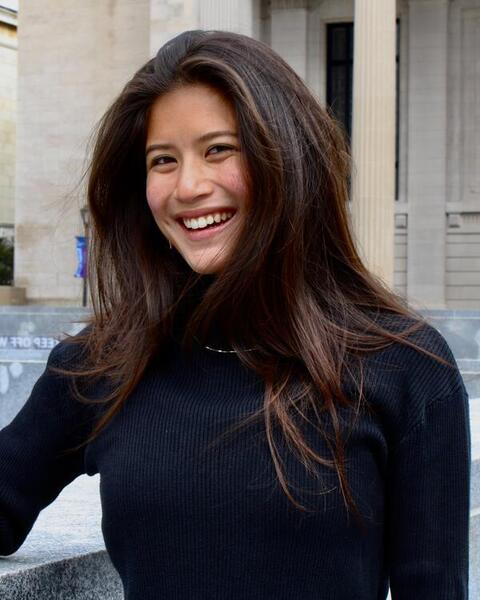
Grace Cajski
Grace Cajski’s research is a capstone of her undergraduate academic career, which has been dedicated to understanding how storytelling can be a powerful conservation tool. As a New Orleanian, Grace has seen how environmental degradation has obligated coastal communities to be conservationists, although they were once stewards of abundance. Grace seeks to be part of a movement to create a better world, where coastal communities can harvest sustainably and healthily from the sea, as is their right. Coastal communities deserve to reclaim and retain food sovereignty, food security, and economic self-sufficiency through ocean resources. To advocate for this, as a Franke Fellow, Grace will work with community organizations on Hawai’i Island to tell stories about anchialine pools, ranging from ArcGIS Story Maps to magazine feature pieces. Through science communication, Grace hopes to foster empathy, stoke hope, and celebrate community.
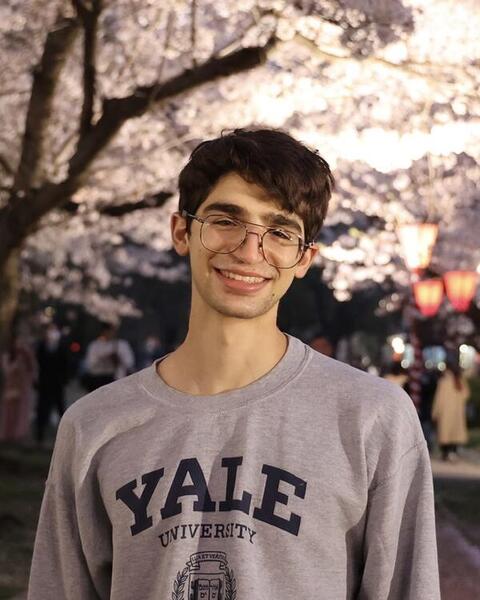
Antonis Christou
Antonis’ research focuses on music generation, specifically in the context of enabling collaborations of various kinds between human musicians and computer agents. His project aims to generate idiomatic harmonies in various genres such as pop or jazz while also being able to augment existing music with chromatic embellishments. Given a diatonic chord progression in some style, his project will use machine learning techniques to output a version of the inputted score with notes outside of the home key, just as a musician improvising or composing in these styles would naturally. The basis of Antonis’ project will be analyzing corpuses of existing harmonizations of primarily folk, pop, and jazz tunes that will act as a dataset to for the computer agent to learn what sort of chromatic notes are commonly used in various styles. He hopes that his work will ultimately spark new creative insights and help usher in a new era of music making that helps rather than replaces human composers and musicians.
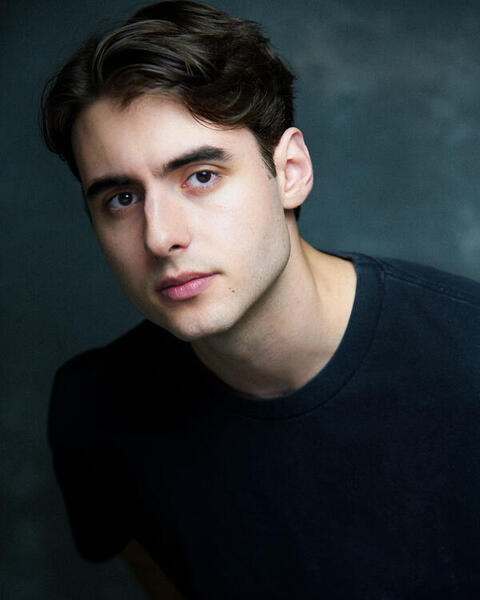
Adrien Rolet
Adrien Rolet is preparing a documentary following allele-specific oligonucleotide (ASO) trials and the medical breakthroughs of personalized gene therapy. Thanks to ASO and other methods, new “N-of-1 trials” – medical trials with unusually small sample sizes, often a single patient – have offered some hope for individuals with rare genetic diseases. For his project, he will follow patients, rare disease advocacy groups, and researchers through this process to observe the human story of connection and resilience at the centre of it all. As one part of his joint thesis project in MCDB and Film, his goal is to synthesize groundbreaking genetic research with the artistic medium of film in a novel, but accessible way.
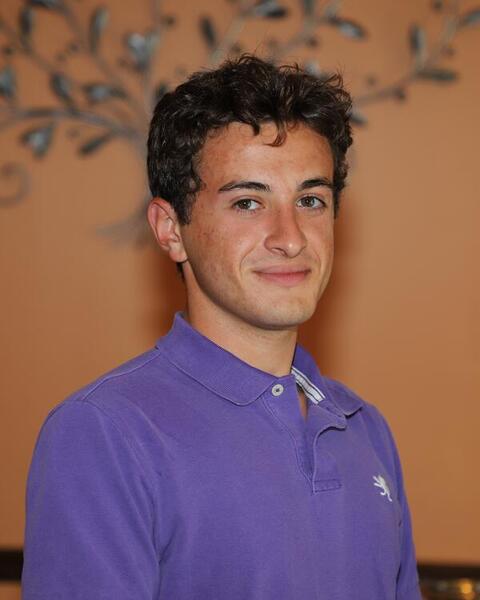
Viktor Shamis-Kagan
Viktor Shamis-Kagan’s research project under the auspices of Franke Program funding will entail working with and rebuilding the network of community organizations that work together to sustain Baltimore’s urban tree canopy. He will work closely with researchers in the Baltimore Northern Research Station to map out the relationships that are necessary to fruitfully rebuild a resilient tree community in the city and work in the field to understand the tangible impacts of his research.
Franke Graduate Student Fellows
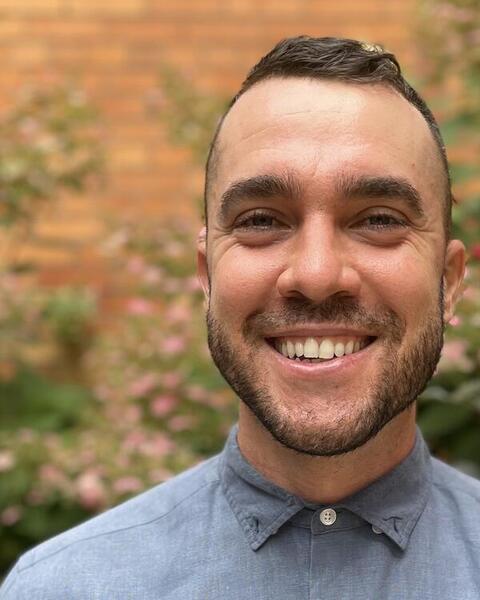
Alex Fialho
Alex Fialho is a PhD candidate in Yale University’s Combined PhD program in the History of Art and African American Studies. As an art historian and curator, Fialho’s scholarship focuses on modern and contemporary art, Black feminist and queer theory, and AIDS cultural studies. Fialho is a 2023–2024 Helena Rubinstein Critical Studies Fellow in the Whitney Museum Independent Study Program.
Fialho’s dissertation frames AIDS-related art histories through the lens of Black queer artists working in and through the medium of photography. Titled Apertures onto AIDS: African American Photography and the Art History of the Storage Unit, the project contextualizes incisive AIDS-related cultural production created during the ongoing AIDS pandemic, from the 1980s to the present. Fialho’s research also narrates the intimate stories and archival efforts of families and friends who have cared for AIDS-related artworks, stewarding them in storage units, under beds, in drawers, and in basements over several decades.
As a Franke Fellow, Fialho’s work asks: How might we understand the generative interdisciplinary relationships between the History of Science and Medicine, African American Studies, and the History of Art? Ultimately, reckoning with the historical erasure of Black AIDS narratives requires working in these interstices—between science and medicine, racial consciousness and intervention, art and imagination.
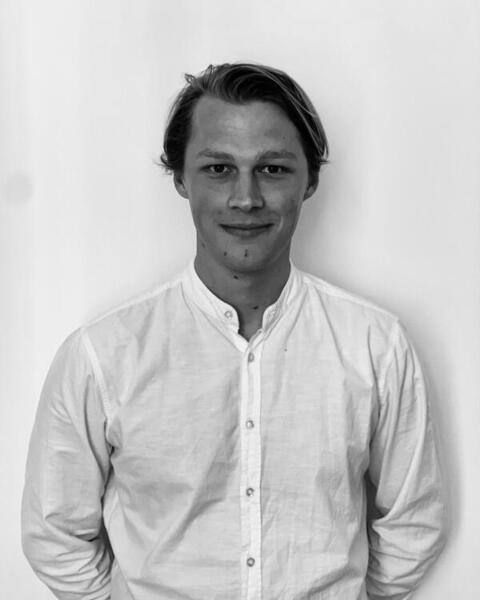
Sandro Paul Heidelbach
Sandro is a doctoral candidate working at the intersection of literature, history of art and the history of science. His Franke project sheds light on the recalibration of art historiography following its encounter with nascent theoretical paradigms of the twentieth century, notably cybernetics and systems theory. In particular, he is interested in the notion of the signal and the semantics of transmission, delay, and distortion. His research includes a survey of the literary estate of George Kubler, a pioneering scholar in the field of material cultures, who taught at Yale from 1938 to 1983.
Before coming to Yale, Sandro studied German, Classics and Philosophy at the University of Bonn and at Emmanuel College, Cambridge. He earned a Master’s degree from both the University of Salamanca and the University of Muenster with a thesis on metaphor and aesthetics.
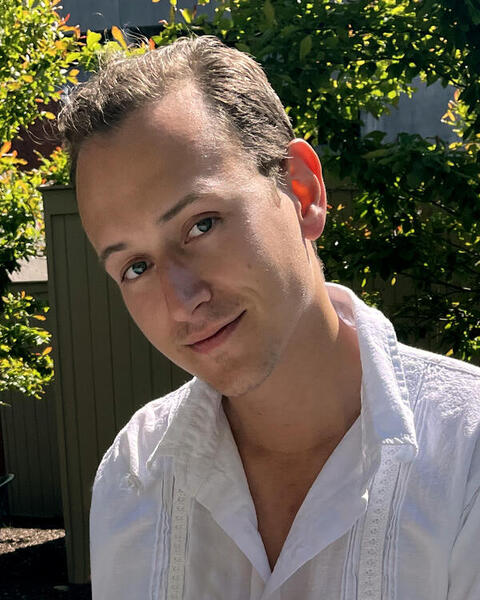
Joseph Dominicus Lap
Franke Post-Doctoral Fellows
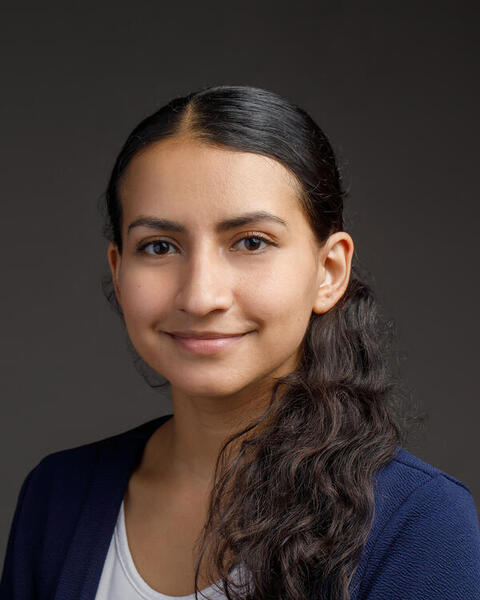
Brenda Cabrera-Mendoza
Dr. Brenda Cabrera-Mendoza is a postdoctoral fellow in Dr. Renato Polimanti’s lab. Currently, her research is focused on genetic and epigenetic factors of suicidal behavior and substance use disorders, as well as the influence of socioeconomic factors on mental health. Her research has been recognized by awards from the American Society of Clinical Psychopharmacology, the Schizophrenia International Research Society, the International Society of Psychiatric Genetics, the International Society for Bipolar Disorders, the Society of Biological Psychiatry, the American Society of Human Genetics, among others. Furthermore, her research has received funding from the American Foundation for Suicide Prevention and Yale University.
Project description
Socioeconomic status (SES) has a well-documented influence on human health. However, most genetically informed studies of socioeconomic status (SES) have been conducted only in European-descent populations, limiting the generalizability of their results to other human groups. To address this knowledge gap, we will analyze genetic variants associated with SES in a diverse range of populations, including participants of African, Admixed-American, East Asian, Central/South Asian, and Middle Eastern descent. The proposed study aims to explore cross-ancestry and ancestry-specific genetic correlates of SES factors to understand their impact on mental health. The expected findings will help elucidate the underpinnings of health inequalities and guide the development of measures to mitigate its effects on socioeconomically disadvantaged groups.